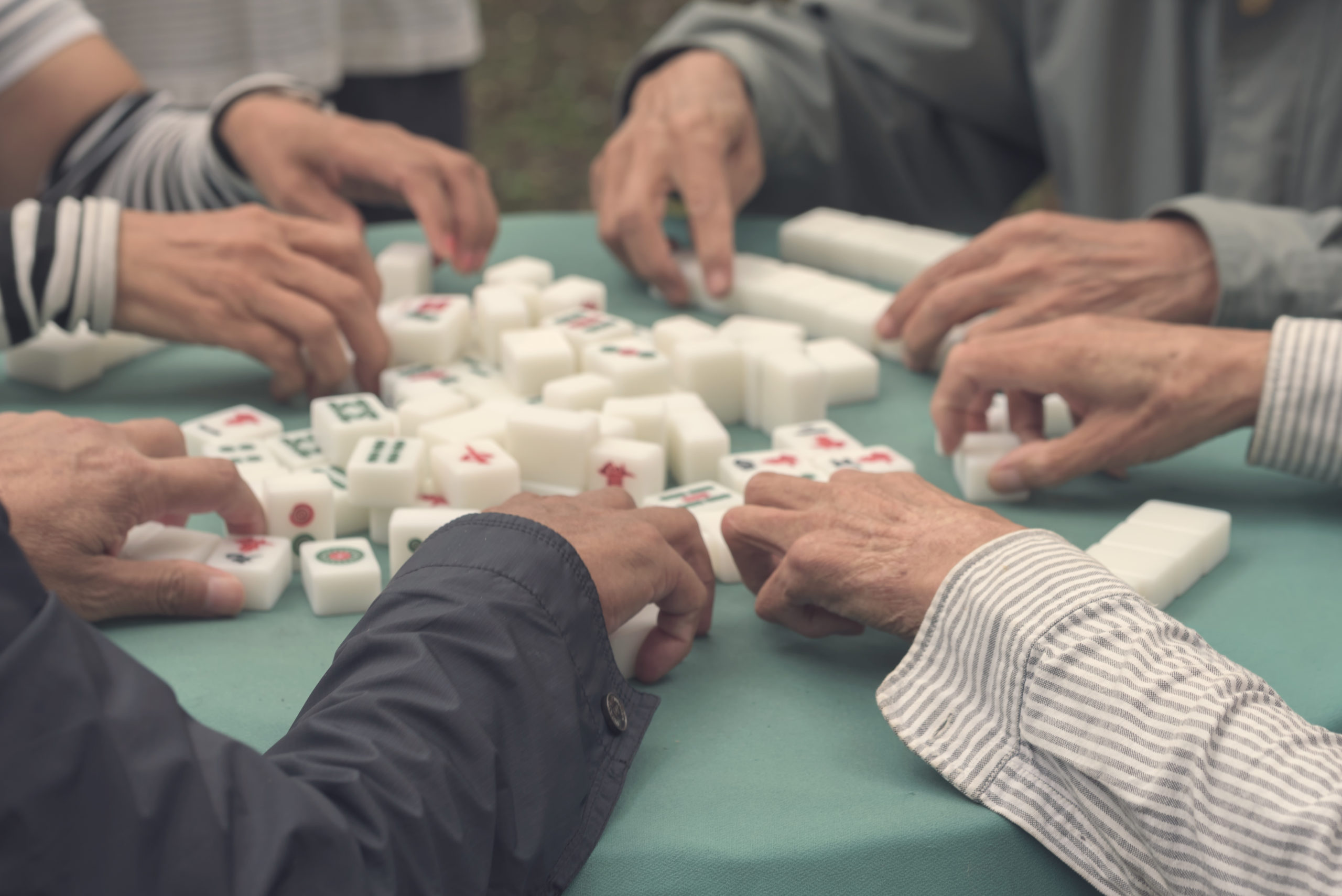Gambling addiction is a hardship experienced by millions of people across the U.S. And a recent research report conducted by The National Council on Problem Gambling claims that certain cultural groups may be harder hit than others. One call out was the Asian American population who, according to new article from NBC News, are greatly underserved when it comes to proper treatment.
Particular populations that were listed in the article included people of Chinese, Korean, Philippine and Vietnamese descent. The trend of the recent Lunar New Year was also mentioned, as it is a common time for betting games and gambling habits to become more frequent.
Sadly, the article claims that many people within this population are preyed upon by gambling establishments. For one thing, casino events and promotions are heavily marketed to these communities. One way is through targeted billboards and print ads in Asian American neighborhoods. Another more nefarious tactic is the casinos themselves offering free bus rides to residents of these areas.
Chinatown in Boston, Massachusetts, for example, is a prime example of this. Many lower wage immigrant workers live in that area and they are often sent coupons and free bus tickets from local casinos. Paul Hoang, chief executive officer for the Boston Chinatown Neighborhood Council, knows these tactics very well and spoke to NBC News about their exploitative nature.
“There’s not a lot of other social activities to do, especially if you’re working these late-hour restaurant shifts,” Hoang told the site. “So if there’s a free bus ride to some place that looks exciting with bright lights and the promise of maybe some fast cash, why not?”
Another hurdle is the lack of available treatment options geared towards these communities. Language barriers and cultural disconnects are just a few of the issues that prevent many in Asian Americans (particularly immigrants) from seeking out recovery help.
“Culturally tailored treatment is important when it comes to gambling addiction,” Hoang concluded. “There needs to be more bilingual and bicultural clinicians who can approach the issue knowing the ways it’s different from other forms of addiction since its impact often spills over beyond the problem gambler. To help the individual, we need to work with the whole family. That’s very relevant for our Asian community, because we are family- and community-focused rather than just focused on the individual.”
And sadly, this is a trend we see regularly in our region of Southern California as well. Orange County, in particular, was called out for its large Vietnamese population and lack of recovery facilities tailored toward that culture.







